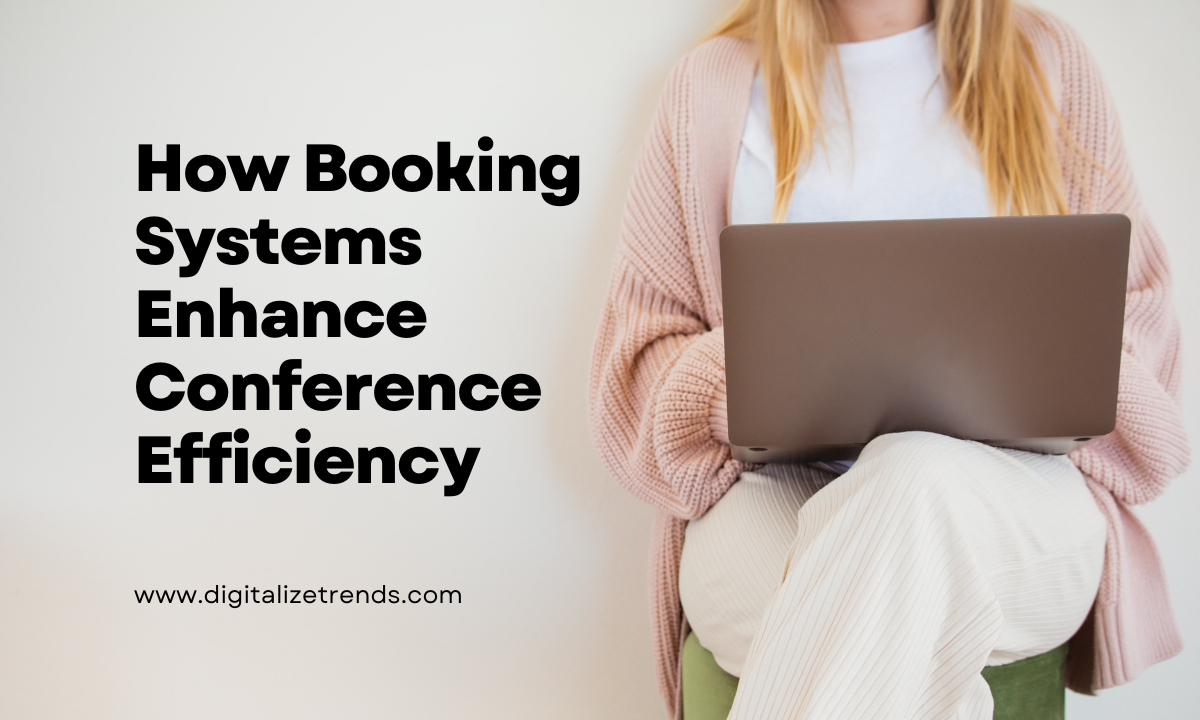For conferences and events, efficient room management ensures seamless operations and maximises attendee satisfaction. Strategic room management is crucial in optimising resources and enhancing overall conference efficiency, from scheduling meeting rooms to coordinating event spaces. Let’s explore how a room booking system empowers organisers to streamline room management processes and orchestrate successful conferences.
Streamlining Scheduling with Booking Systems
Booking systems revolutionise the way conference organisers manage room reservations and scheduling. These digital platforms provide a centralised hub where organisers can view room availability, book meeting spaces, and coordinate logistics in real-time. By automating the scheduling process, booking systems eliminate the need for manual coordination and reduce the risk of double bookings or scheduling conflicts. With intuitive interfaces and customisable features, organisers can easily set parameters, allocate resources, and ensure that each room is utilised to its fullest potential.
Optimising Resource Allocation
Effective room management involves optimising resource allocation to meet the diverse needs of conference attendees. Booking systems allow organisers to allocate rooms based on specific criteria such as capacity, layout preferences, and technological requirements. Whether a small breakout session, a large plenary hall, or a specialised workshop space, booking systems enable organisers to match rooms with the appropriate audience size and event format. By optimising resource allocation, organisers can enhance the attendee experience, minimise logistical challenges, and maximise the overall utility of conference spaces.
Facilitating Seamless Communication
Clear communication is essential for ensuring all stakeholders are on the same page regarding room management. Booking systems facilitate seamless communication between organisers, venue staff, and event participants by providing a centralised platform for sharing updates, notifications, and important information. Organisers can use booking systems to communicate room assignments, schedule changes, and logistical details in real-time, ensuring that everyone involved is informed and prepared. This proactive approach to communication minimises confusion, reduces errors, and fosters a collaborative environment conducive to successful conference execution.
Enhancing Attendee Experience
A well-managed conference relies on smoothly coordinating event spaces to create a positive attendee experience. Booking systems are crucial in enhancing the attendee experience by ensuring that rooms are available when needed, equipped with the necessary amenities, and conducive to productive collaboration. Attendees can use booking systems to reserve meeting rooms, sign up for breakout sessions, and access real-time room availability and scheduling updates. By empowering attendees to take control of their conference experience, booking systems contribute to overall satisfaction and engagement.
Improving Event ROI
Efficient room management directly impacts conferences and events’ return on investment (ROI). By optimising resource utilisation, minimising scheduling conflicts, and streamlining logistical processes, booking systems help organisers maximise the value of event spaces and resources. This increased efficiency translates into cost savings, as organisers can minimise overhead costs associated with unused or underutilised rooms. Additionally, improved attendee satisfaction and engagement contribute to higher event ROI by enhancing the perceived value of the conference and increasing the likelihood of repeat attendance or referrals.
Facilitating Data-Driven Decision Making
Booking systems provide valuable data insights that enable organisers to make informed decisions about room management and resource allocation. By tracking room utilisation, attendance patterns, and attendee preferences, organisers can identify opportunities for optimisation and improvement. This data-driven approach allows organisers to adjust room allocations, revise scheduling protocols, and implement targeted interventions to enhance conference efficiency and attendee satisfaction over time. By leveraging data analytics, a room booking system empowers organisers to continuously refine their room management strategies and drive better outcomes for future events.
Conclusion
Strategic room management is essential for orchestrating successful conferences and events. By leveraging the capabilities of booking systems, organisers can overcome logistical challenges, minimise scheduling conflicts, and create a seamless and productive conference environment. As the conference industry evolves, booking systems will remain indispensable tools for maximising efficiency, enhancing attendee satisfaction, and delivering exceptional event experiences.



